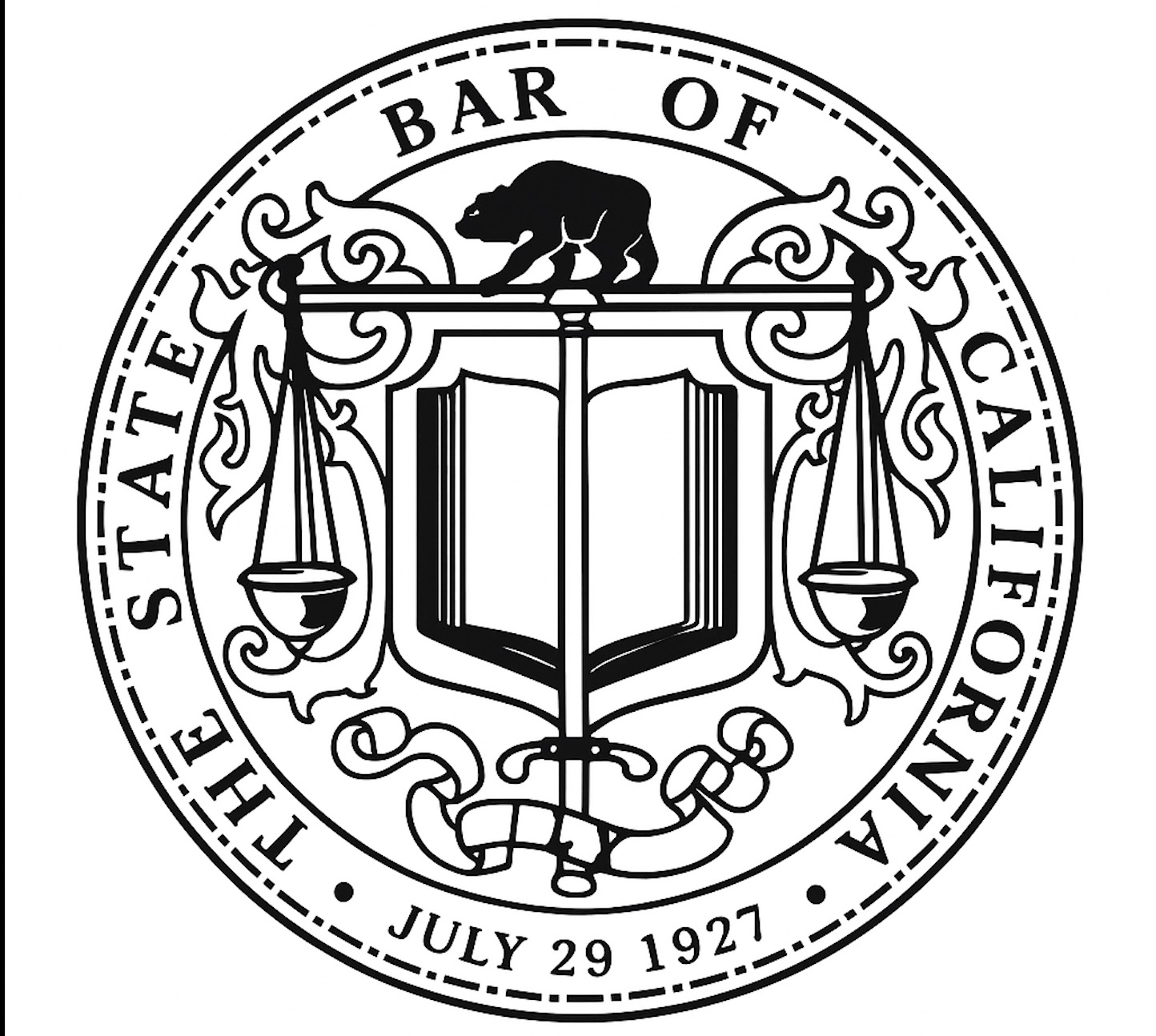Order for Temporary Custody: Emergency Custody in California and How It Protects Your Child

Intro: When Minutes Matter
Imagine this: your child’s safety is on the line, and waiting weeks for a court date just isn’t an option. This is known as a child custody emergency, where immediate legal action is needed to protect a child’s safety or well-being. In California, you can ask the court for an emergency custody order (aka ex parte order) to protect your child immediately. These temporary orders aren’t forever, but they buy you critical time while the full custody case plays out.
Let’s break down emergency custody in California, how temporary custody orders work, and what you can expect when you file. No legalese, no fluff; just facts you can actually use.
Understanding Child Custody in California
Child custody in California is guided by the state’s family code, which puts the child’s best interests and safety first. When a child is at risk, the court can step in quickly with emergency custody and temporary restraining orders to prevent immediate harm. If you’re facing a custody dispute, it’s important to understand how the legal process works and what resources are available to you.
California’s court system offers a range of tools to help parents, including do-it-yourself forms for temporary custody orders. These resources can help you get started, but the process can be complex; especially when your child’s safety is on the line. That’s why having legal representation from a knowledgeable family law attorney can make all the difference. An attorney can guide you through the legal process, help you complete the right forms, and advocate for your child’s well-being in court.
What Is an Emergency Custody Order?

Emergency custody order (ex parte order): A short-term decision a judge signs without the other parent present, when the child faces immediate danger. This order grants immediate custody and immediate protection to ensure the child’s safety.
Temporary custody order: A judge’s short-term, temporary arrangement made under certain circumstances that controls custody, visitation, and sometimes support until the final custody order is decided.
Temporary restraining order (TRO): Can be included if there’s family violence, domestic violence, or parental kidnapping risk.
A full emergency custody hearing is typically scheduled within a short time after the ex parte order, where both parents can present evidence and the judge makes a final decision.
When Do Judges Grant Emergency Custody?

Judges don’t hand out emergency custody orders like Halloween candy. To succeed, you must present compelling evidence showing your child’s safety, well-being, and need for immediate protection are at risk. These emergency custody orders are specifically designed to safeguard the child’s well-being and provide immediate protection in urgent situations.
Common reasons:
⦁ Domestic violence or threats in the home.
⦁ Substance abuse that endangers a child.
⦁ Parental kidnapping (plans to remove the child from California or hide them).
⦁ Emotional or physical harm risks that make waiting for a regular hearing unsafe.
These actions are part of ongoing legal proceedings to ensure the child’s safety and well-being.
The Role of the Other Parent
When it comes to temporary custody, the other parent’s involvement is a key part of the process. During a temporary orders hearing, both parents have the opportunity to present their side and help the court determine the best temporary arrangement for the child. The court carefully considers each parent’s ability to provide a safe, stable environment, and may order supervised visitation or specific custody arrangements based on the circumstances.
The other parent may also be required to provide financial support or participate in co-parenting efforts, depending on what the court determines is in the child’s best interests. Open communication and cooperation between parents can make a significant difference in the child’s experience during this time. Even if there are disagreements, focusing on the child’s well-being and safety should remain the top priority. Understanding each parent’s rights and responsibilities helps ensure that the temporary custody process is as smooth and effective as possible, and that the child’s needs are always front and center.
How Restraining Orders Work with Emergency Custody
Restraining orders, especially temporary restraining orders (TROs), are powerful tools in emergency custody cases. If your child faces immediate danger, you can ask the court for a TRO as part of your emergency custody request. This emergency court order can be granted without notifying the other parent if there’s a credible threat, such as family violence or the risk of abduction.
A TRO can include strict limits; like supervised visitation, requiring the other parent to stay away from your child’s home or school, or blocking all contact. To get a TRO, you’ll need to present compelling evidence of immediate harm, such as police reports, threatening messages, or witness statements. Working with a family law attorney can help you gather the right documentation and navigate the legal process, giving your child the strongest possible protection during custody cases.
The Legal Process (Step-by-Step)
File court forms (Request for Order + forms for emergency relief) at the county court.
Ex parte hearing: Judge reviews your request quickly, often the same day.
Temporary orders hearing: Usually scheduled within 21 days according to court schedules at the county court, both parents present evidence.
Final custody decision: Comes after full custody hearings, which may take months.
This legal journey concludes with the judge issuing a final order.
Using Court Forms and Resources
California’s court system makes it easier for parents to take action in child custody emergencies by providing a variety of court forms and resources. The Judicial Council of California offers do it yourself forms for temporary custody orders, which you can find online or at your local court. These forms are designed to help you request emergency custody, child support, or changes to existing custody arrangements.
If you need information about child support or custody, the California Department of Child Support Services is another helpful resource. While these tools are a good starting point, completing the forms correctly and presenting evidence at your custody hearing can be challenging. That’s where legal representation comes in, a family law attorney can help you prepare your paperwork, gather evidence, and make sure your case is as strong as possible in court.
Navigating the California Court System
Dealing with the California court system during an emergency custody case can feel overwhelming, but understanding how it works can help you protect your child. The court’s main goal is to ensure the child’s safety and well-being, and judges can issue temporary orders including TROs, when there’s a risk of harm.
When making child custody decisions, the court considers factors like the child’s health, safety, and welfare. Evidence of domestic violence, substance abuse, or parental kidnapping can heavily influence the outcome. To get the best result, it’s important to present evidence clearly and follow the court’s procedures. A family law attorney can offer personalized legal support, help you prepare for your custody hearing, and make sure your voice is heard. By understanding the court system and using available resources, you can navigate custody cases with confidence and focus on your child’s safety.
What Can Temporary Orders Cover?
These are temporary arrangements made during family law cases, including divorce cases, to provide structure and protection while the case is pending. Temporary orders can cover:
Child custody arrangements (who the child lives with temporarily).
Visitation rights (including supervised visitation if needed).
Child support and temporary spousal support (financial support while the case is pending).
Protective order (a specific legal remedy distinct from restraining orders, designed to protect individuals from family violence or harm).
Restraining orders (to prevent harassment or contact between parties).
Temporary orders play a crucial role in divorce cases and other family law cases by helping manage the parent-child relationship, establishing financial responsibilities, and maintaining stability during the divorce process.
Evidence That Helps Your Case
When you walk into an emergency custody hearing, bring more than just your word. Judges want proof:
Police or CPS reports.
Medical records.
Witness statements.
Text messages, emails, or social media posts showing threats.
Providing false evidence or violating court orders during legal proceedings can result in serious legal penalties, including fines or criminal charges.
Modification of Custody Orders: When and How
Life can change quickly, and sometimes a temporary custody order no longer fits your family’s needs. If there’s a significant change, like a new job, a move, or a shift in the child’s needs, you may need to modify temporary orders. In Texas, you can file a Motion to Modify Temporary Orders to request a new custody arrangement that better serves your child.
The court will look at whether the change is in the child’s best interests and whether there’s compelling evidence to support your request. This process involves filing the right paperwork, attending a hearing, and presenting evidence that shows why the modification is necessary. Having a family law attorney by your side can make a big difference; they’ll help you gather and present compelling evidence, navigate the legal process, and advocate for your child’s well-being. Remember, the goal is always to ensure the custody arrangement supports your child’s safety, stability, and happiness.
Enforcement of Custody Orders: Making Sure They Stick
A temporary custody order is only effective if both parties follow it. If the other parent violates the terms by withholding visitation, failing to provide financial support, or ignoring supervised visitation requirements, you have the right to take action. In Texas, you can file a Motion to Enforce Temporary Orders to ask the court to step in.
The court takes violations seriously and can impose legal penalties, including fines, attorney fees, or even jail time for repeated or severe violations. Working with a family law attorney ensures you follow the correct legal steps and present your case effectively. Prompt enforcement of temporary custody orders is essential for maintaining stability and protecting your child’s best interests throughout the legal process.
Mediation and Alternative Dispute Resolution
Not every custody dispute needs to end up in a courtroom. Mediation and alternative dispute resolution (ADR) offer parents a chance to work out temporary custody arrangements with the help of a neutral third party. In Texas, mediation is often encouraged because it can save time, reduce stress, and help parents reach a solution that works for everyone, especially the child.
A family law attorney can guide you through mediation or other ADR methods, making sure your rights are protected and your voice is heard. These approaches can be especially helpful in creating a custody arrangement that prioritizes the child’s needs while preserving a cooperative relationship between parents. By choosing mediation or ADR, you may be able to resolve issues more quickly and with less conflict than traditional litigation.
Holiday and Special Event Schedules
Holidays and special occasions are important for families, and temporary custody orders can include specific schedules to ensure these times are handled smoothly. In Texas, the court can set out detailed holiday and special event visitation plans as part of the temporary custody order. This helps prevent misunderstandings and ensures the child can enjoy meaningful time with both parents.
When creating a holiday schedule, it’s important to consider the child’s emotional needs, the parents’ work and travel plans, and any concerns related to domestic violence or substance abuse. A family law attorney can help you negotiate a fair and practical schedule that supports your child’s well-being and minimizes conflict. By planning ahead and including these details in your temporary custody order, you can create a more stable and positive environment for your child during special times of the year.
Key Terms to Know (No Latin Degree Required)
Ex parte hearing: Judge hears one side only, due to urgency.
Temporary conservatorship (Texas term; in California it’s simply temporary custody).
Texas Family Code: The set of statutes governing family law matters in Texas, including temporary custody, support, and procedures for issuing and modifying temporary orders.
Texas law: Refers to the statutes and procedures that govern temporary custody, emergency protective orders, and related family law matters in Texas, primarily outlined in the Texas Family Code.
Texas courts: The courts in Texas responsible for handling emergency and temporary custody cases, prioritizing the child’s best interests and ensuring swift legal action in urgent situations.
Custody in Texas: The process and legal considerations for obtaining temporary or emergency custody in Texas, including the criteria, duration, and procedures followed by Texas courts.
Temporary injunction: Court order stopping a parent from doing certain things.
Modify temporary orders: Request changes if circumstances shift before the final hearing.
FAQ: California Emergency Custody
A: Usually until the final hearing, often weeks or months.
A: Yes, but having a family law attorney increases your chances of success.
A: Judges look for evidence. Present strong documents and witness testimony.
A: Yes; child support and temporary spousal support can be included.
A: You can modify temporary orders if circumstances change (like new safety concerns).
Did You Know?
California Family Code lets judges act fast when a child faces immediate harm.
An existing temporary order doesn’t block you from filing again if danger increases.
Judges prefer stability, so your emergency win could heavily influence the final custody order.
Outro: Take Action Now
Your child’s safety can’t wait. If you believe your child is in danger, the court system in California allows you to act fast with emergency custody and temporary orders.
Our law office is a dedicated advocate with expertise in temporary custody and custody disputes, guiding you through complex legal procedures. Don’t go it alone. A skilled family law attorney can help you file correctly, present compelling evidence, and protect your child. Call JLegal today to schedule your consultation.













